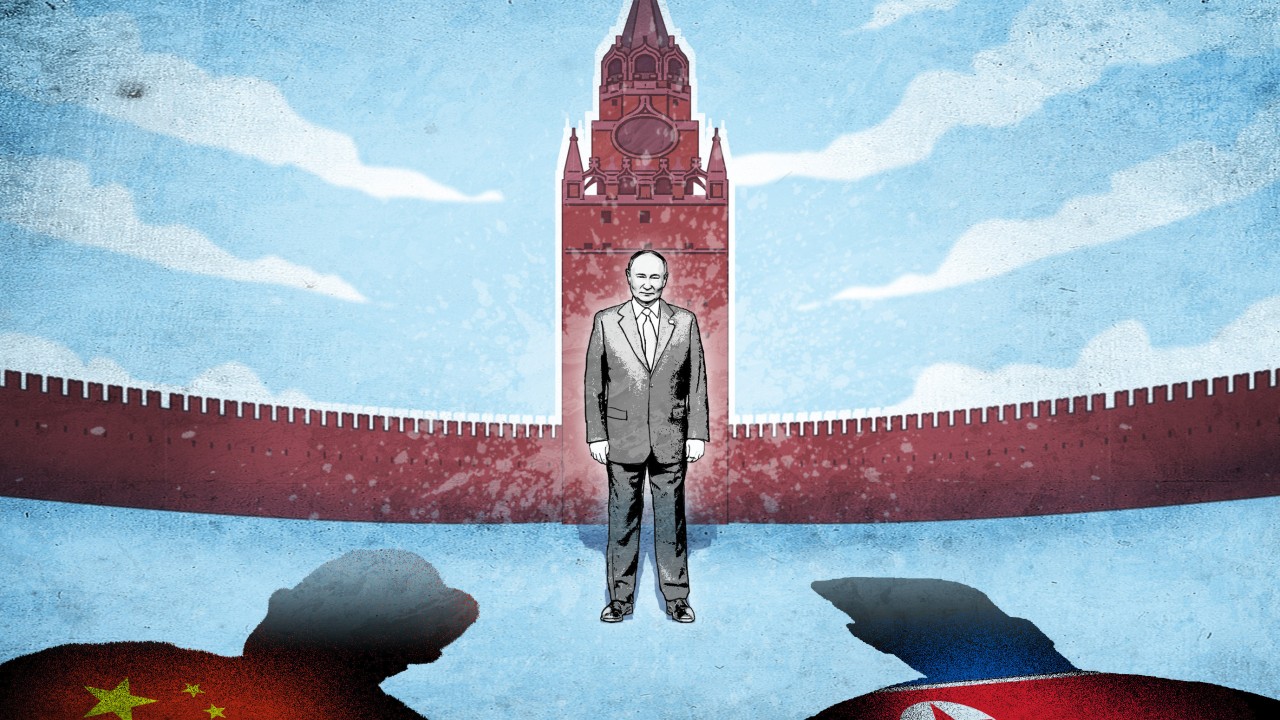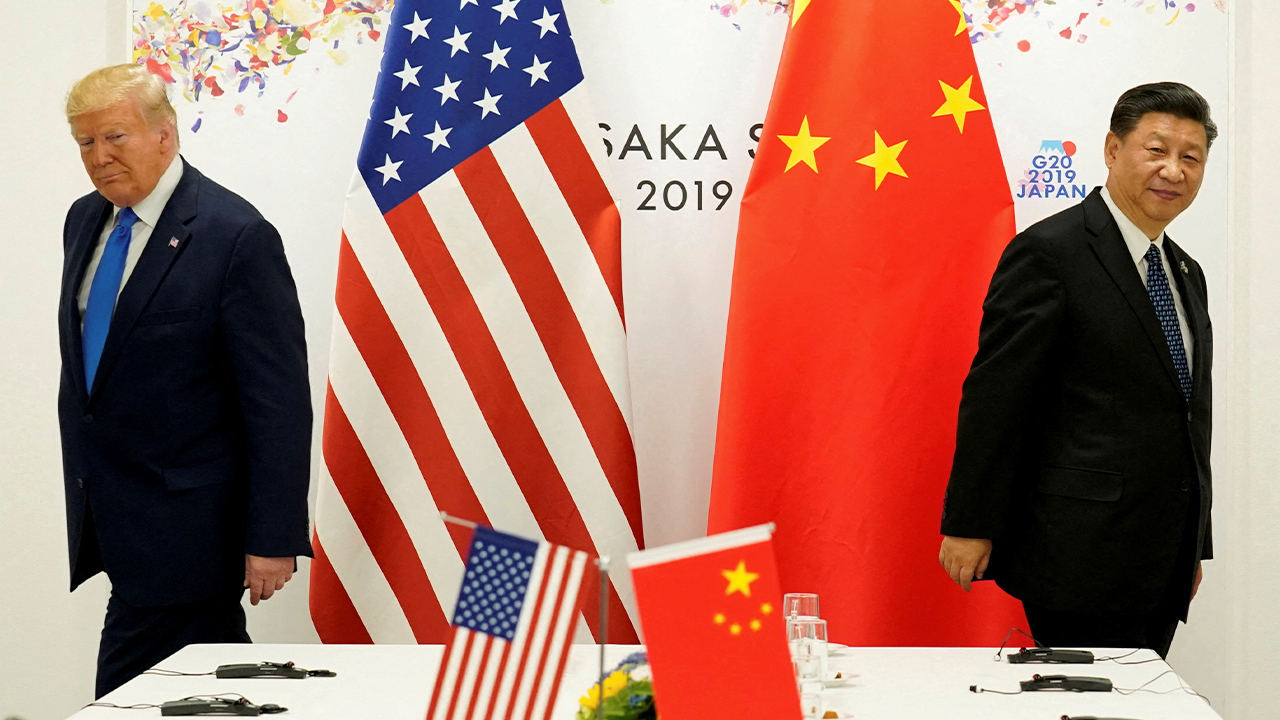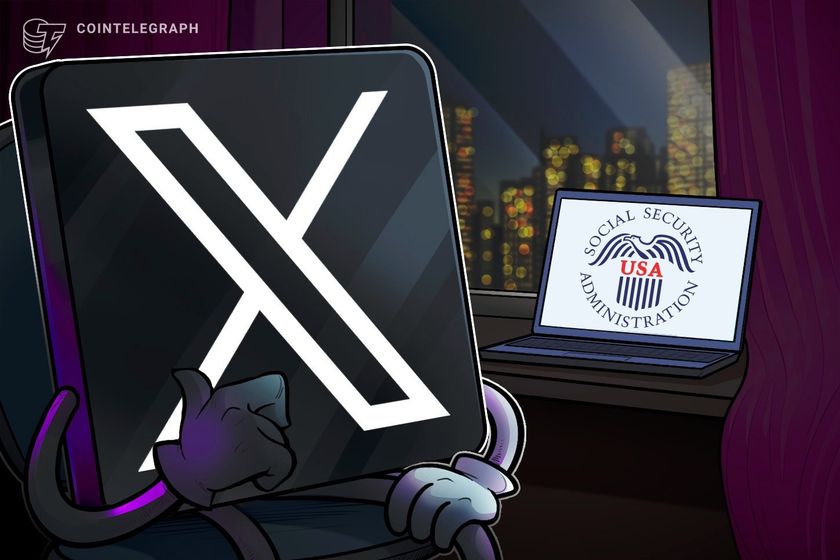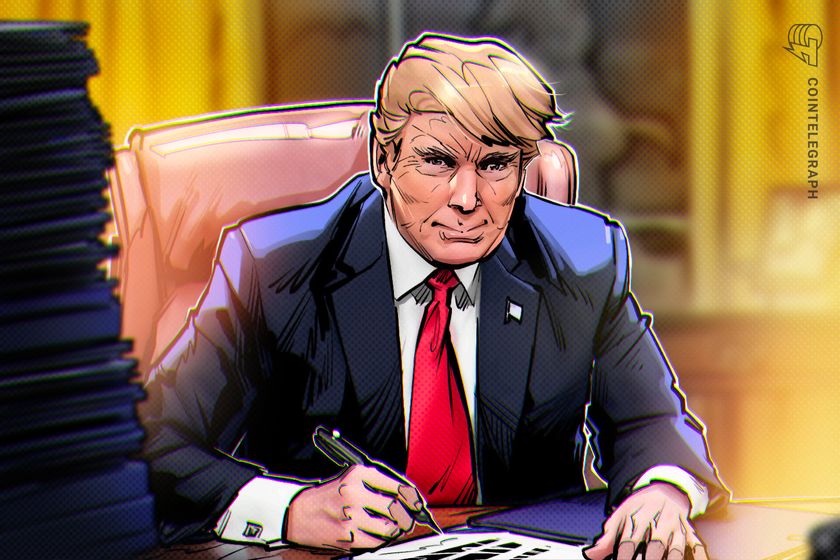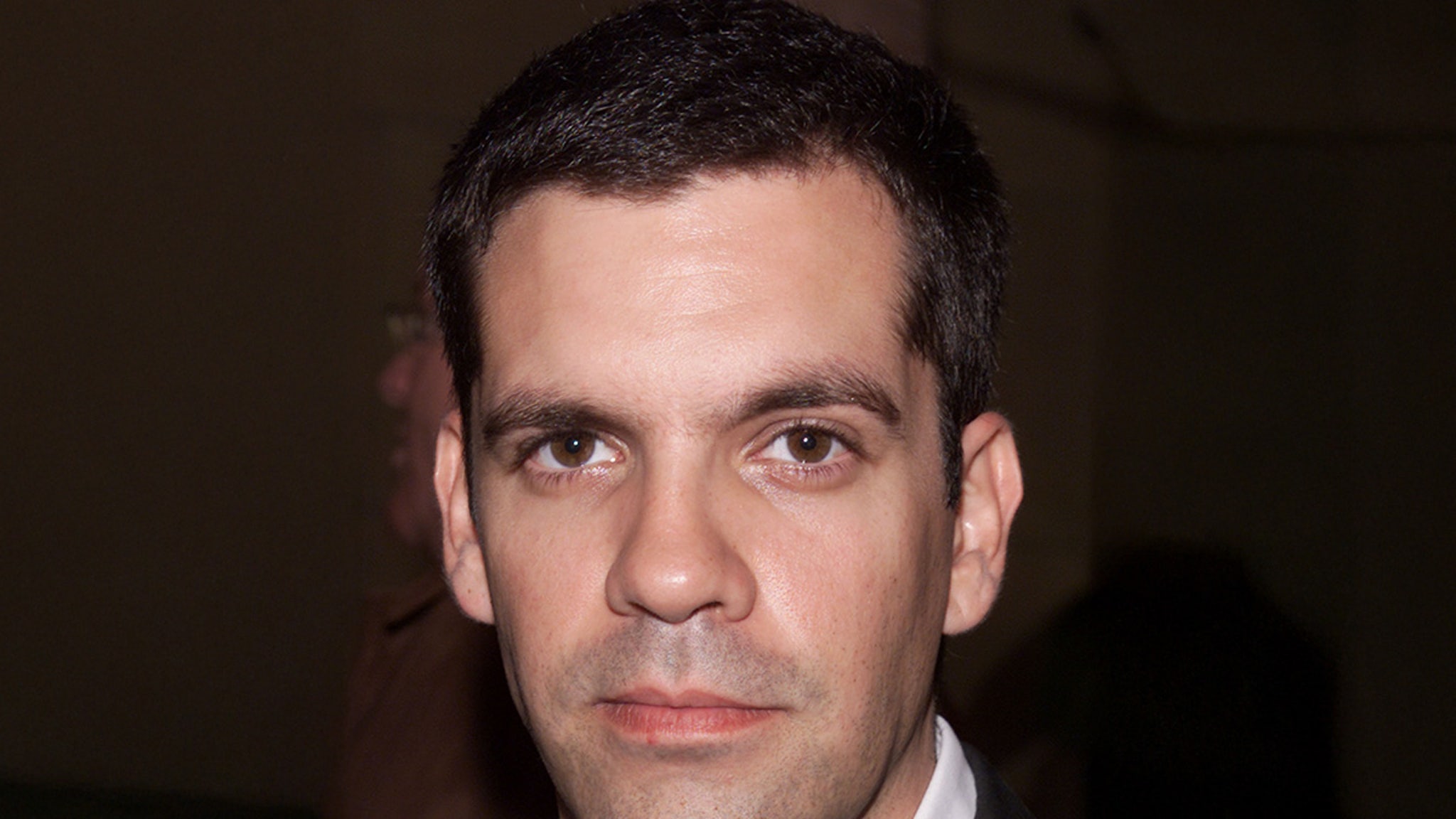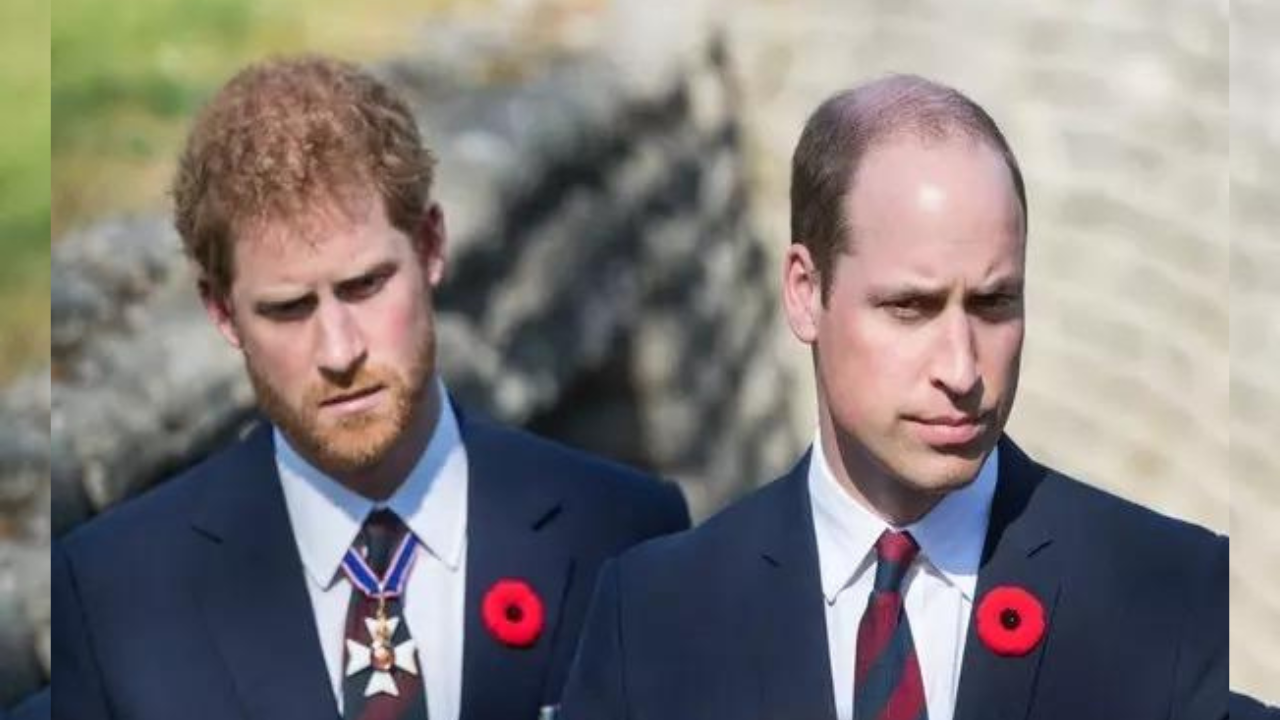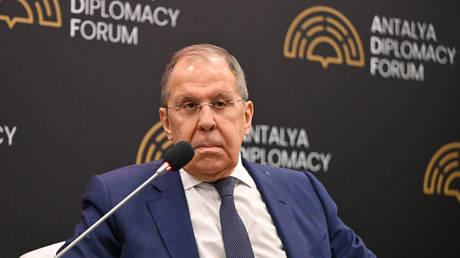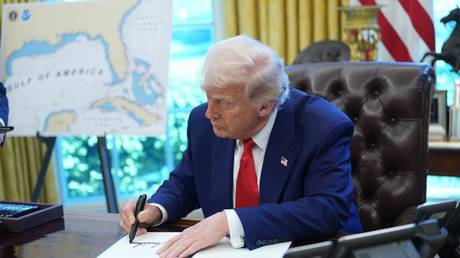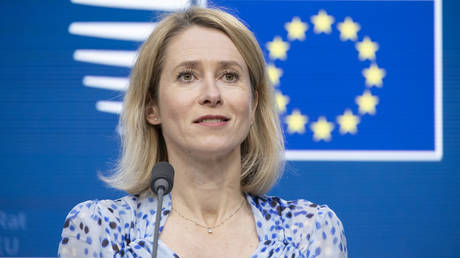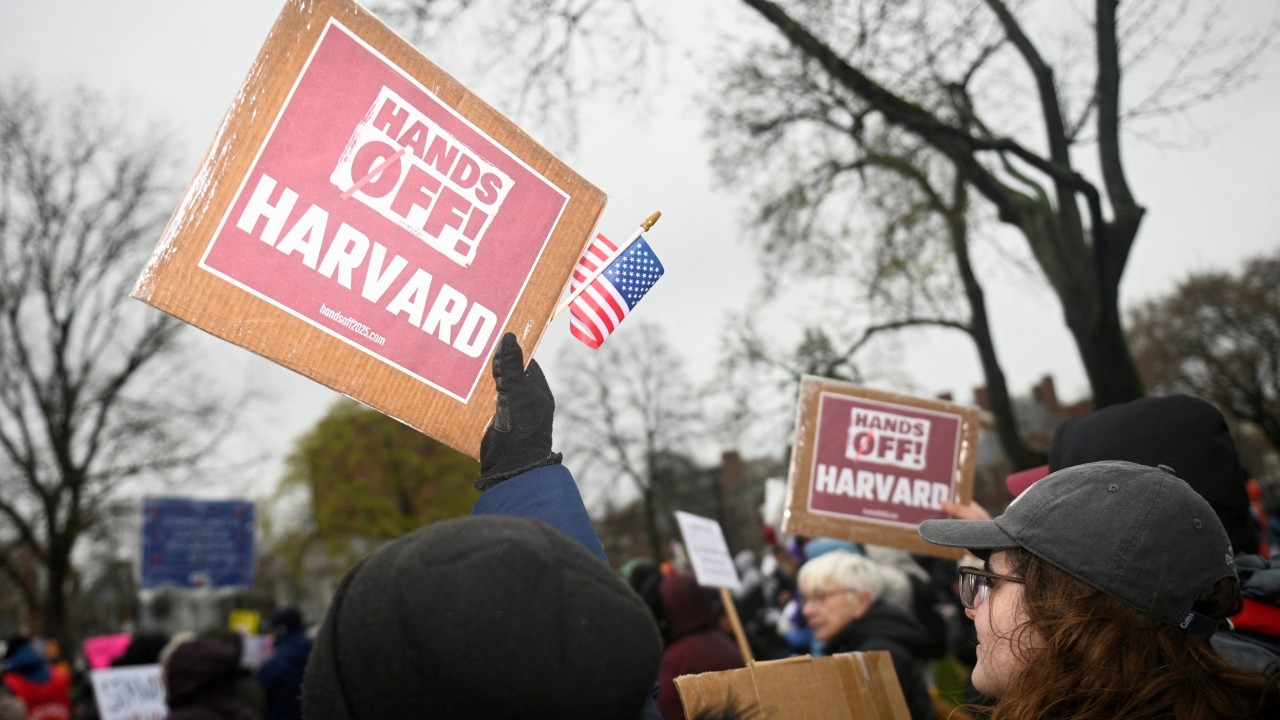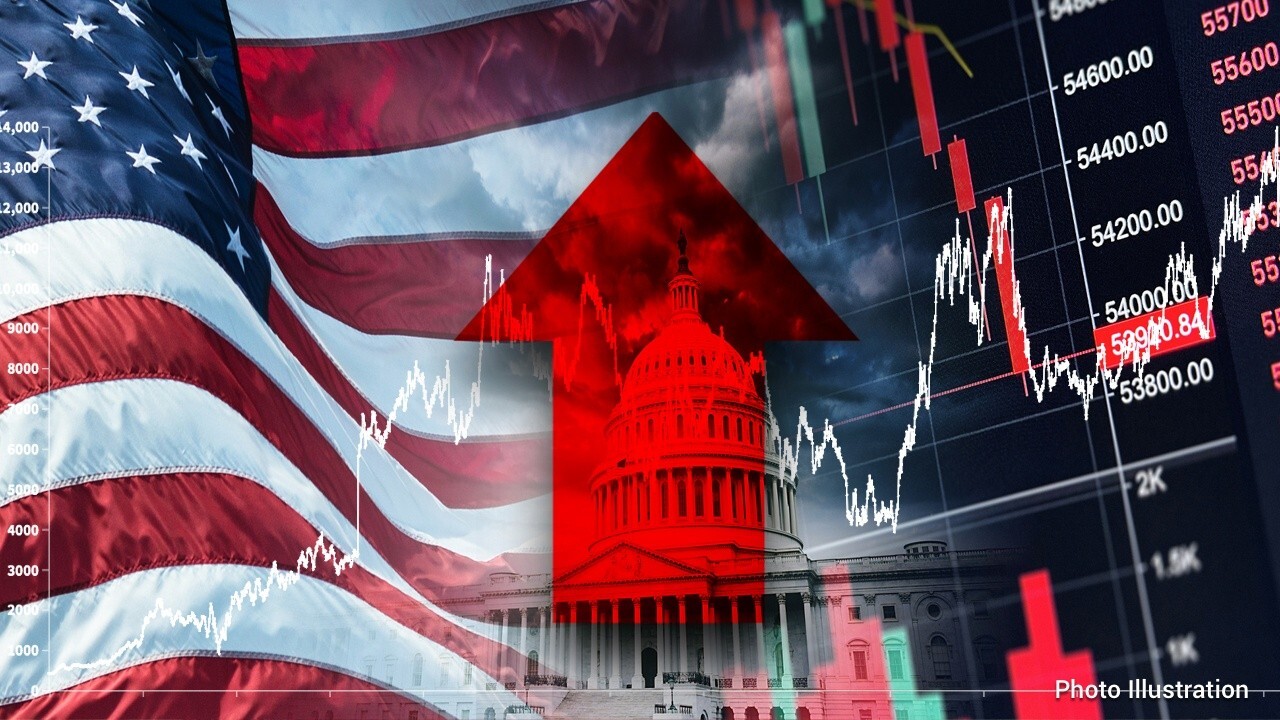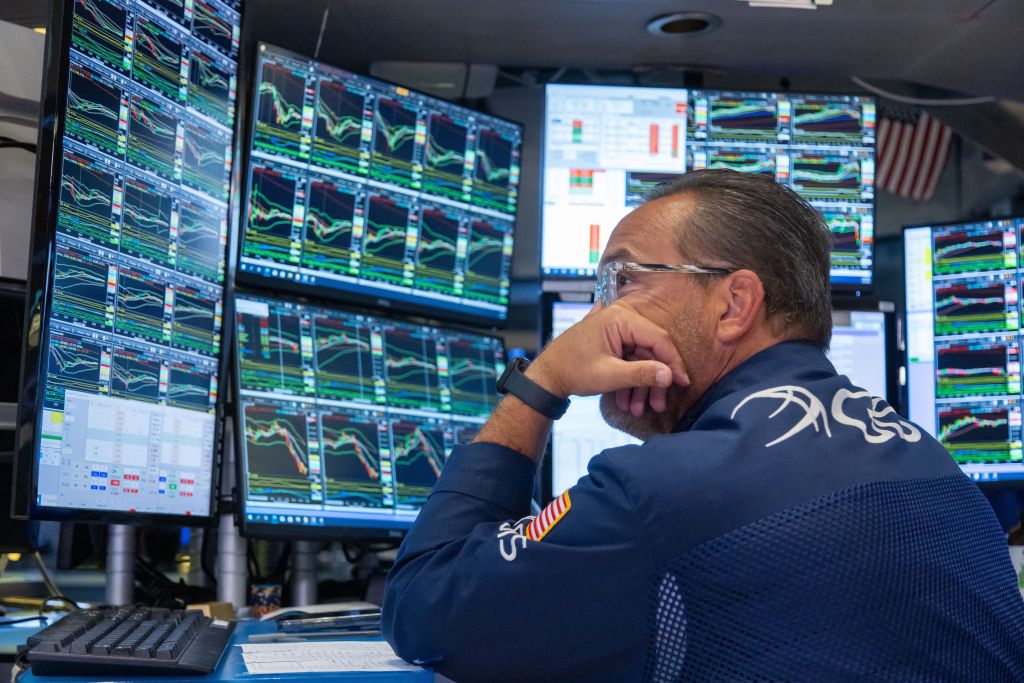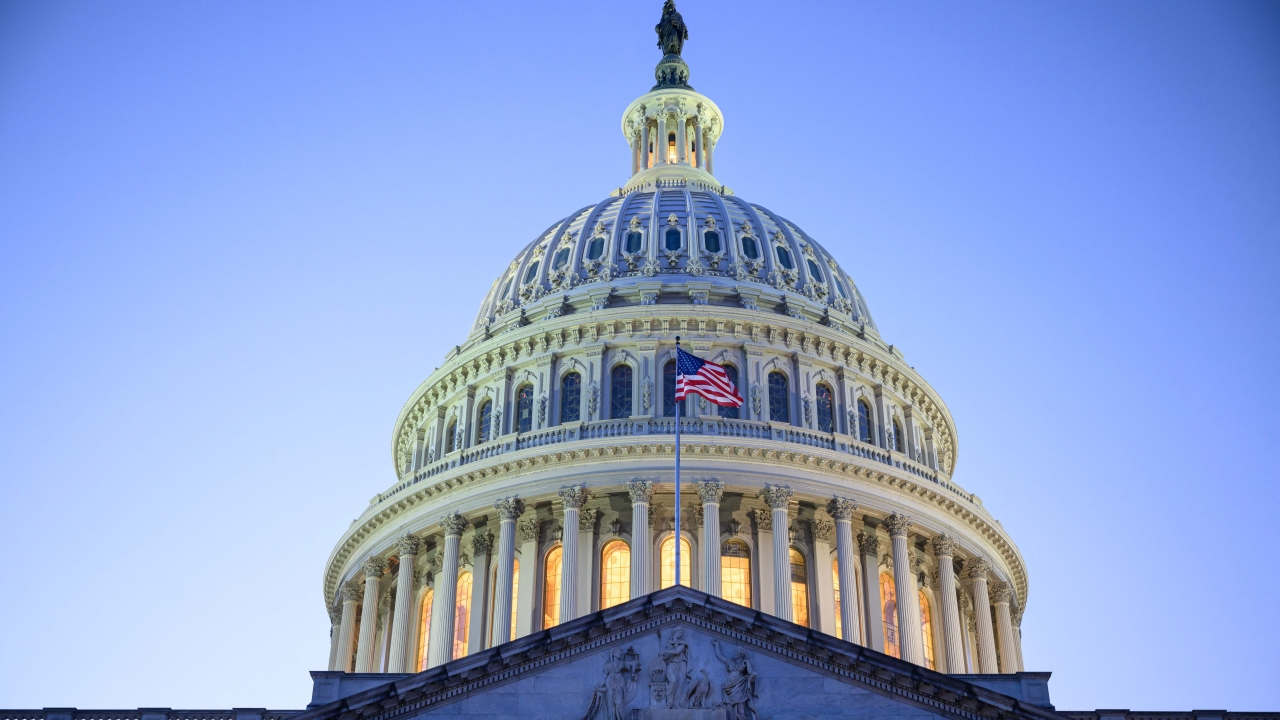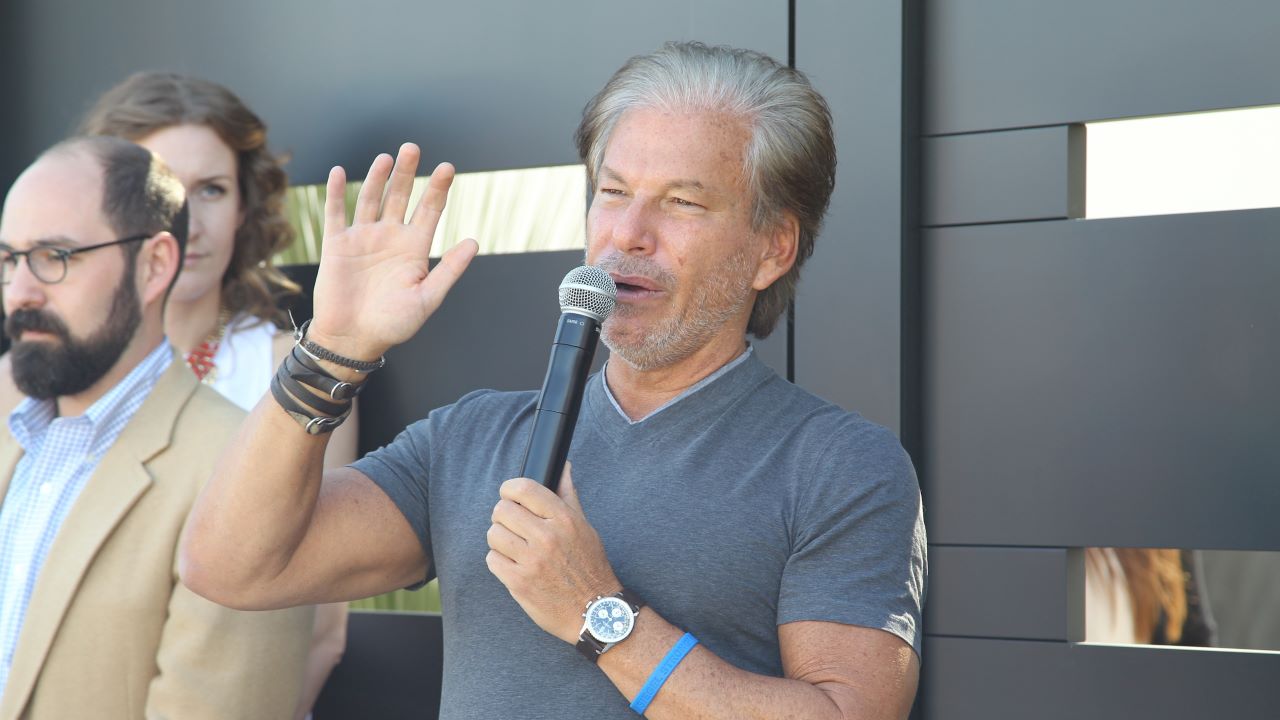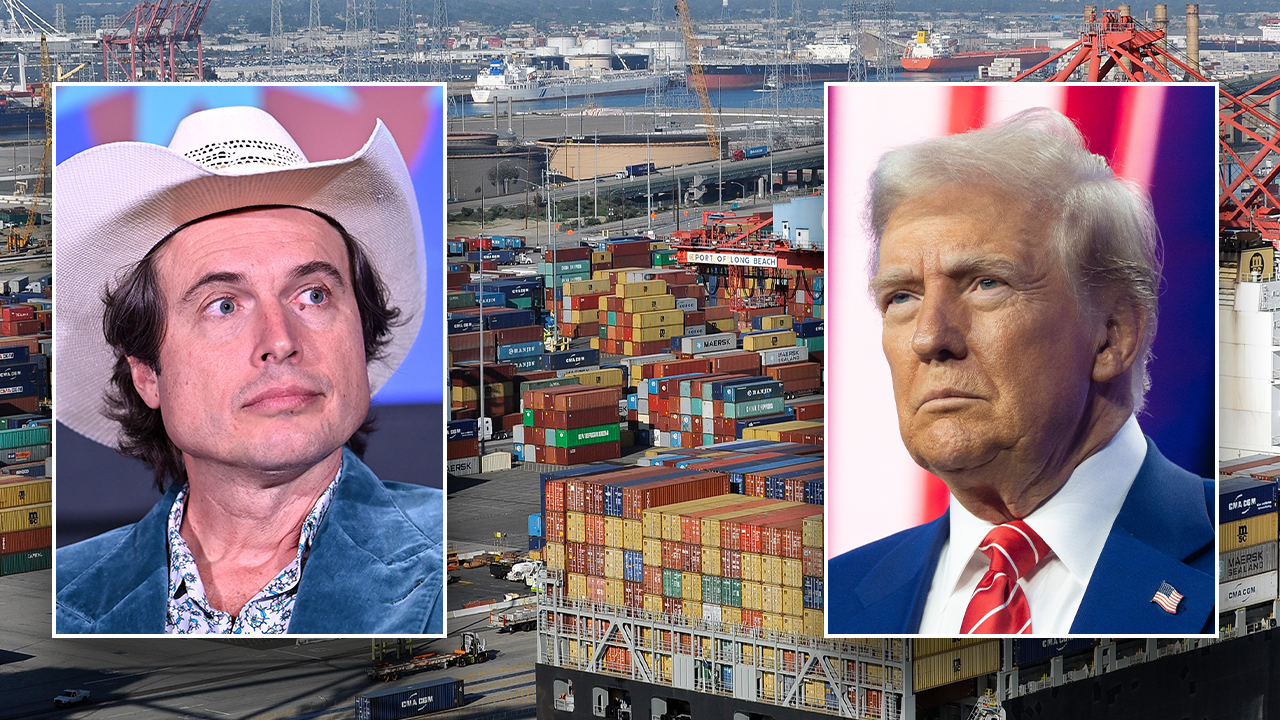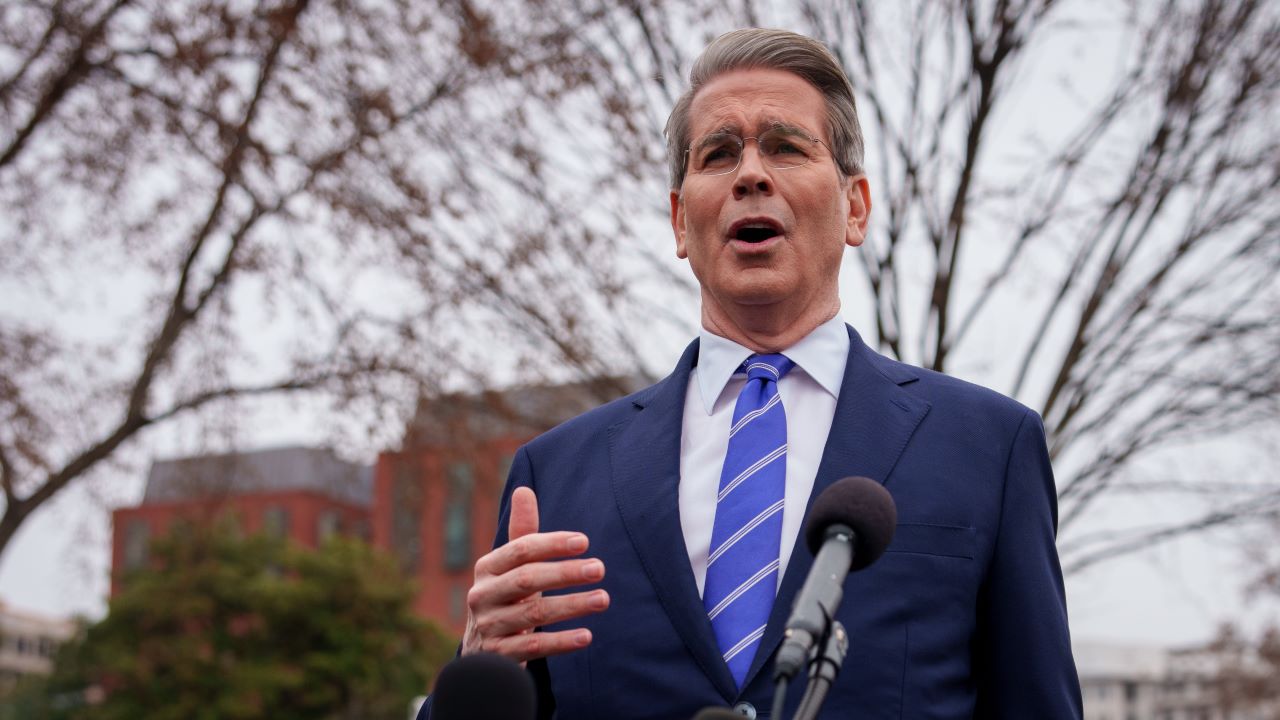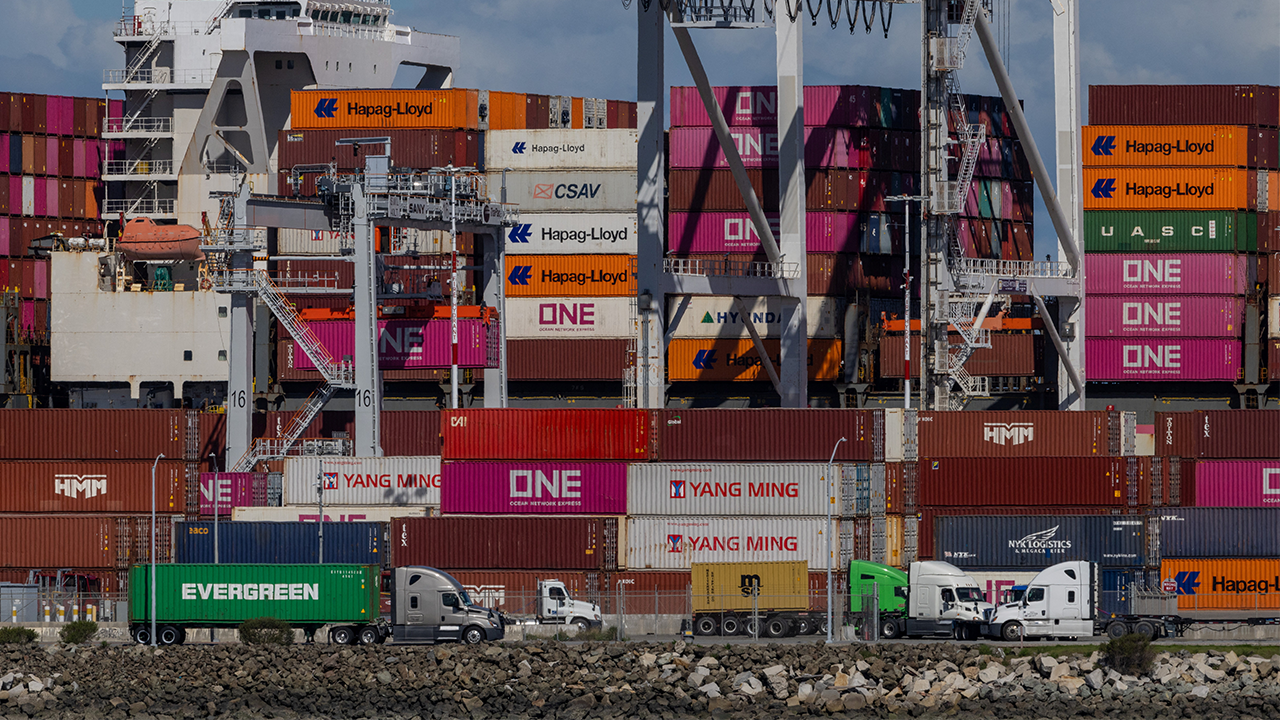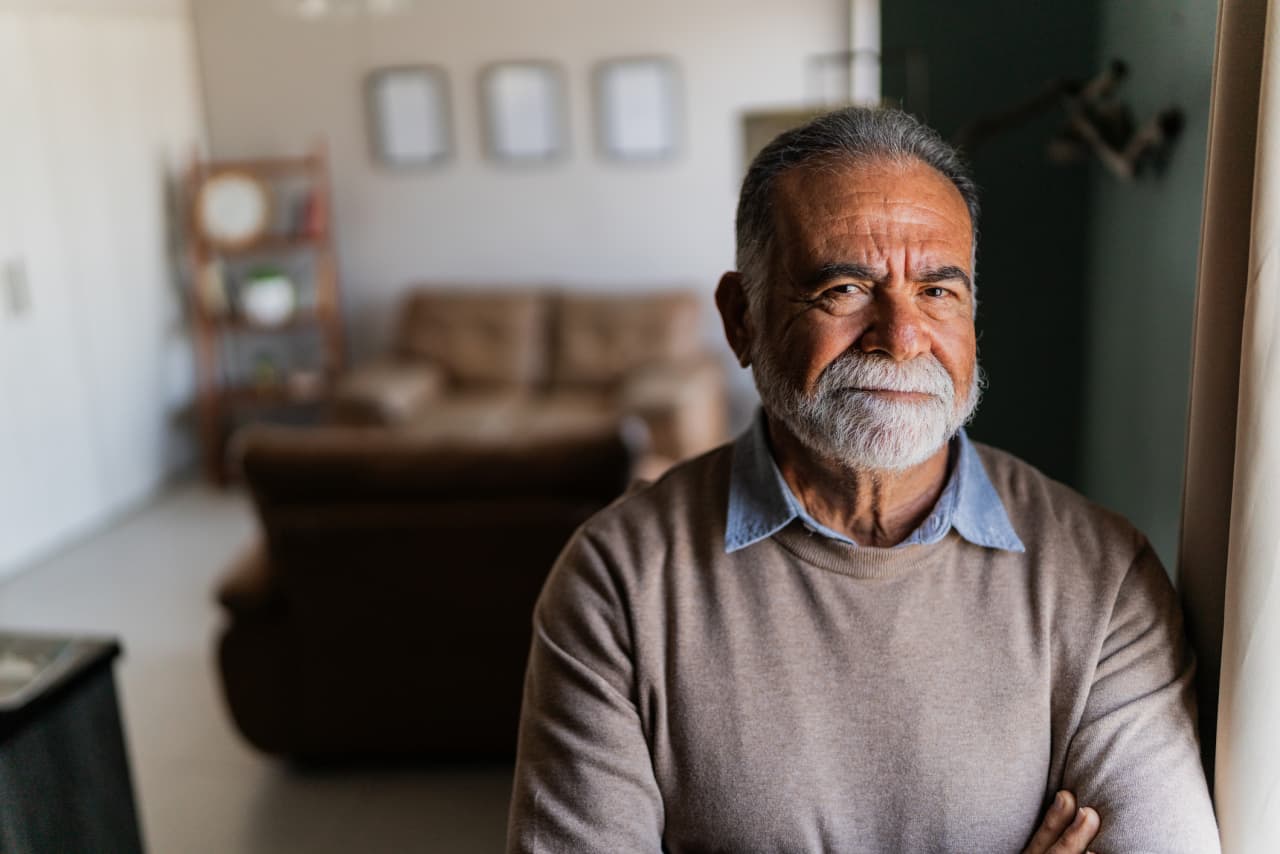LARRY KUDLOW: A new playbook and pecking order
Trump's shift in focus to reciprocity and "great" trade deals is the right choice on tariffs
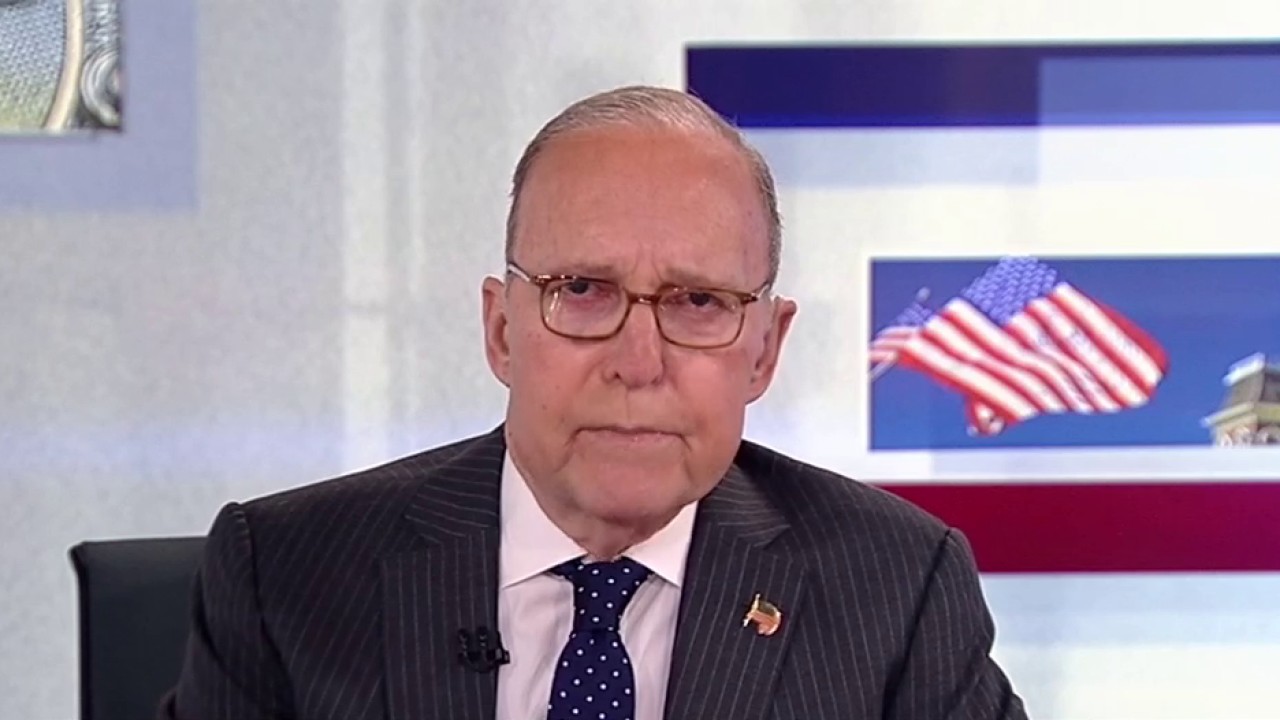
Less than a week after Liberation Day, the White House seems to have changed both the playbook and the pecking order regarding its reciprocal tariff campaign.
Perhaps the stock market plunge, or the phone calls from foreign leaders, or both, have contributed to a shift in President Donald Trump’s strategy – to negotiation, from non-negotiation.
Just call it: common sense.
As someone who strongly supports his reciprocal trade policy, I’d say this is a very good thing.
In the Oval Office he gave Israeli Prime Minister Benjamin Netanyahu a signed copy of "The Art of the Deal." How fitting.
Last night in my interview with Treasury Secretary Scott Bessent, he talked about being a very busy chap in the next few months.
"I can tell you that there are 50, 60, maybe almost 70 countries now who have approached us," Mr. Bessent said. "So it’s going to be a busy April, May, maybe into June. And Japan is a very important military ally. They’re a very economic ally. And the U.S. has a lot of history with them. So I would expect that Japan’s going to get priority."
And, besides a change in the negotiating playbook, it also looks like a big change has come in the pecking order.
Suddenly, Mr. Bessent appears to be the lead negotiator.
Now, here’s how Mr. Trump’s press secretary, Karoline Leavitt, put it.
"Just yesterday, President Trump held a bilateral meeting with Israeli Prime Minister Benjamin Netanyahu here at the White House," she said. "Also yesterday, the President spoke with Japan’s Prime Minister, who wants to negotiate as well. The President also spoke with the acting president of South Korea this morning. He has tasked Secretary Bessent and U.S. Trade Representative Jamieson Greer to lead these talks."
There was a time when Commerce Secretary Howard Lutnick was designated the lead trade negotiator, but Mr. Bessent seems to have replaced him.
And this bodes well for a true approach to reciprocal trade dealing.
Both Mr. Bessent and U.S. Trade Representative Greer are more flexible regarding the so-called reciprocal tariffs first posted on Liberation Day. They are way too high.
That’s because they rely way too much on somehow abolishing the American trade deficit. A highly flawed and mistaken calculation.
Think of it this way: if Mr. Trump’s economic plan of tax cuts, deregulation, liquid gold, and reciprocal fair trade is put in place, America will grow faster than probably any major country in the world.
Which means that we will purchase more imports as we grow.
The key goal for reciprocal trade, however, is to open up export markets to America that have previously been closed either because of high tariffs or non-tariff barriers.
In other words, market access should be the key objective, not abolishing the trade deficit.
The latter could come down if the former is successfully opened.
Yet the only way to guarantee a trade balance in goods is a prolonged deep recession, and surely nobody wants that.
Not all of Mr. Trump’s advisers agree with this. Yet I believe the true purpose behind Mr. Trump’s thinking is zero tariffs, and zero non-tariff barriers.
And, when you look at countries like India, Taiwan, Vietnam, Japan, and South Korea, or Europe, there’s plenty of work to be done to level the playing field for both tariff and non-tariff barriers.
But the tariff gaps are not near as big as Mr. Trump’s original list would suggest if calculated properly, without the unnecessary goal of eliminating the trade gap altogether.
Now, let’s go make some good trade deals. That’s the order of the day.
What's Your Reaction?







